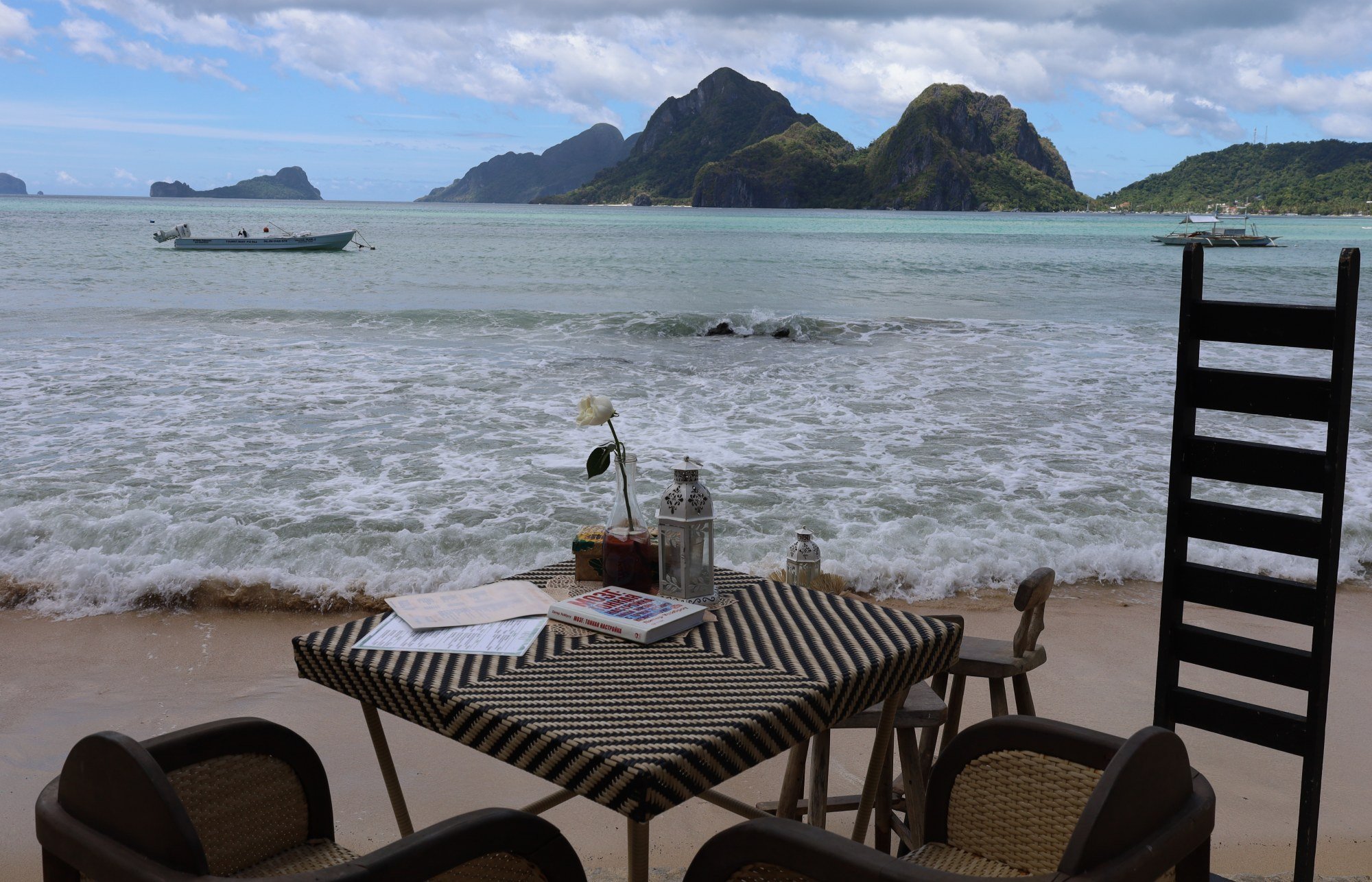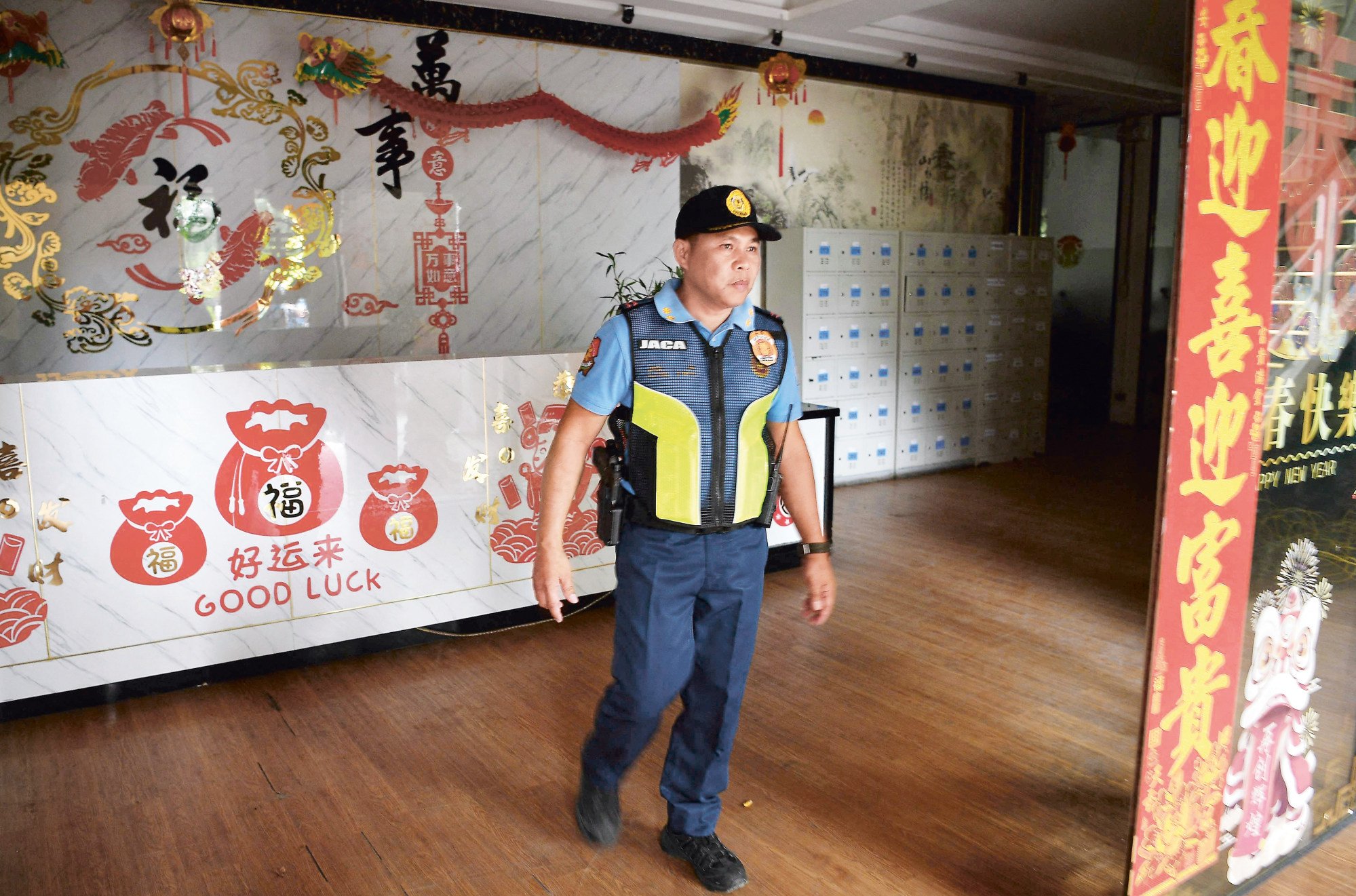Philippines’ new digital nomad visa: a boost for tourism or Pogo loophole?
Strict laws should be put in place to prevent these visas from being exploited by banned offshore gaming operators, critics warn

The Philippines is rolling out a visa scheme for digital nomads to boost tourism and attract foreign income – but analysts warn it could be exploited by those linked to the now-banned offshore gaming sector.
On Thursday, President Ferdinand Marcos Jnr signed Executive Order 86, which approves the issuance of digital nomad visas.
The visas, he said, reflected “a need to establish a legal framework to facilitate the entry of digital nomads in the country, or foreign nationals who desire to temporarily stay in the Philippines while engaging in remote work activities for overseas employers or clients”.
They were in line with government efforts to promote tourism, economic activity and digital innovation, the president added.
Under the new scheme, visa holders may stay in the Philippines for up to one year – renewable for another year – and will be allowed multiple entries.
Applicants, who must be at least 18 years old and come from a country with a Philippine foreign service post, have to show proof of remote work, sufficient income earned abroad, and valid health insurance.

They must also pass a security screening and have no criminal record. The Department of Foreign Affairs will be responsible for overseeing the database of visa holders and coordinating background checks with the Bureau of Immigration.
Return of Pogos?
Some lawmakers and analysts have voiced concern that the policy could offer a back door for operators linked to the Philippine offshore gaming operator (Pogo) industry – a sector the government has officially banned but continues to struggle to dismantle.
Senator Joel Villanueva questioned why the Department of Foreign Affairs, rather than the Bureau of Immigration, was tasked with issuing the visas. He warned that oversight failures similar to those seen with Pogos could recur.
“The Bureau of Immigration already has a database. They’re the ones keeping the records of those who would register for the visas,” Villanueva said. “They have access to Interpol, as well as the Department of Justice [and] the National Bureau of Immigration. They also have police power and can conduct raids.”
The Bureau of Immigration is still gradually deporting foreign Pogo workers after Marcos Jnr ordered a shutdown of these firms in November.
But in January, Gilbert Cruz, head of the Philippine Anti-Organised Crime Commission, admitted that some operators were continuing to run smaller-scale operations underground.
Palace Press Officer Claire Castro addressed these concerns on Monday and assured that the government would be monitoring the digital nomad visa process.
“There will always be security features in order to protect our country from any scammers or any violations of the law,” she said.
Sherwin Ona, an international fellow at the Institute for National Defence and Security Research in Taiwan, said there should be a clear strategy on monitoring and enforcing the law.

While acknowledging the digital nomad programme was an “innovative and creative way to drive tourism and encourage small-medium investments”, he stressed that effective oversight by an inter-agency committee was crucial in ensuring its effectiveness.
He added that the government should take care in emphasising the difference between digital nomads and Pogos, which was linked to “crime, espionage, and malign influence operations”.
“Digital nomads must be presented as a development-oriented programme that aims to invite legitimate foreign investments … As long as these nomads can present their purpose and are willing to use our legal, admin and banking process, then this minimises risk,” he said.
Chester Cabalza, president of the International Development and Security Cooperation think tank, said that the government should apply stringent measures in processing digital nomad visas “and implement strict regulations for travellers who are threat to the country’s safety and national security”.
Cabalza said that the visas were likely to attract foreigners due to the country’s world-class beaches and destinations.
However, he added that authorities should be “thoughtful of the past surge of Pogo workers who may apply for this timely income-generating trends on travel and leisure to promote the country and improve the economy”.
Cabalza said that Pogo workers working clandestinely in the country might apply for these visas to “operate in far-flung travel destinations and recruit more locals in their online scam operations”.
The authorities should be wary of applicants who have been flagged as former Pogo workers, he said, as they were likely to return to their old ways – and might even end up swindling legitimate visa holders.